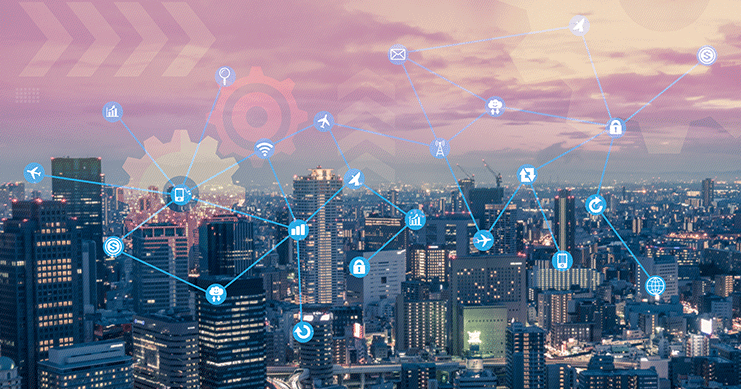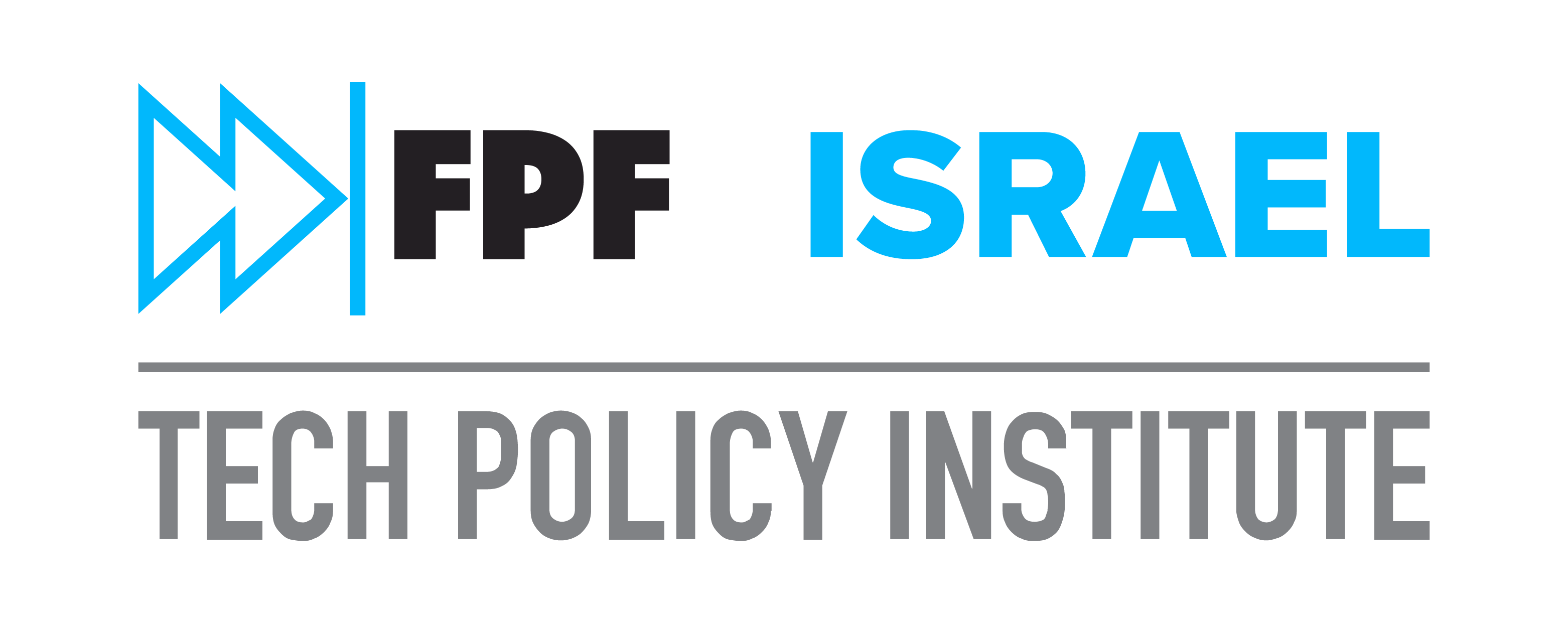Smart Cities: Privacy, Transparency, and Community

Today’s cities are pervaded by growing networks of connected technologies to generate actionable, often real-time data about themselves and their citizens. Relying on ubiquitous telecommunications technologies to provide connectivity to sensor networks and set actuation devices into operation, smart cities routinely collect information on cities’ air quality, temperature, noise, street and pedestrian traffic, parking capacity, distribution of government services, emergency situations, and crowd sentiments, among other data points.
While some of the data sought by smart cities and smart communities is focused on environmental or non-human factors (e.g., monitoring air pollution, or snowfall, or electrical outages), much of the data will also record and reflect the daily activities of the people living, working, and visiting the city (e.g., monitoring tourist foot traffic, or home energy usage, or homelessness). The more connected a city becomes, the more it will generate a steady stream of data from and about its citizens.
Sensor networks and always-on data flows are already supporting new service models and generating analytics that make modern cities and local communities faster and safer, as well as more sustainable, more livable, and more equitable. At the same time, connected smart city devices raise concerns about individuals’ privacy, autonomy, freedom of choice, and potential discrimination by institutions. As we have previously described, “There is a real risk that, rather than standing as ‘paragons of democracy, [smart cities] could turn into electronic panopticons in which everybody is constantly watched.” Moreover, municipal governments seeking to protect privacy while still implementing smart technologies must navigate highly variable regulatory regimes, complex business relationships with technology vendors, and shifting societal – and community – norms around technology, surveillance, public safety, public resources, openness, efficiency, and equity.
Given these significant and yet competing benefits and risks, and the already rapid adoption of smart city technologies around the globe, the question becomes: How can communities leverage the benefits of a data-rich society while minimizing threats to individuals’ privacy and civil liberties?
Just as there are many methods and metrics to assess a smart city’s livability, sustainability, or effectiveness, so too there are different lenses through which cities can evaluate their privacy preparedness. In this article, we lay out three such perspectives, considering a smart city’s privacy responsibilities in the context of its role as a data steward, as a data platform, and as a government authority. While there are likely many other lenses that could be used to capture a community’s holistic privacy impacts, exploring these three widely tested perspectives can help municipalities better leverage existing privacy tools and safeguards and identify gaps in their existing frameworks.
By considering the deployment of smart city technologies in these three lights, communities will be better prepared to reassure residents of smart cities that their rights will be respected and their data protected.
ITPI’s Omer Tene and co-author Kelsey Finch of the Future of Privacy Forum discuss further in the chapter they have written in the recent Cambridge Handbook of Consumer Privacy. The chapter is available at SSRN here.



